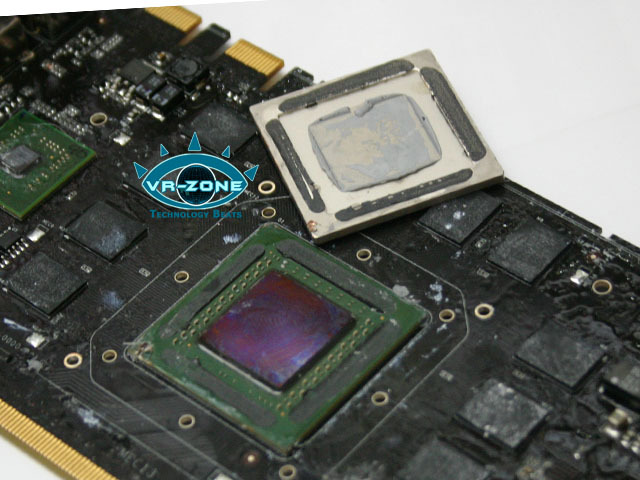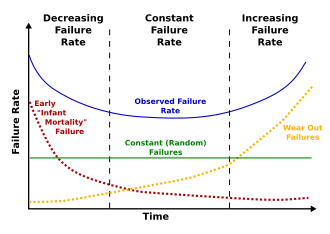Bumpgate has absolutely nothing to do with lead-free solder though.
The reason why it still matters is that bumpgate-affected chips have significantly reduced lifespan, especially in certain conditions (so on certain cards). Even if you find completely new unused card it is still going to die within short period of time. Kind of the same thing as with capacitor plague - yes, any capacitors go bad over time, but stuff from that period is pretty much guaranteed to have dead capacitors while newer or even older stuff might not have that issue.
Of course if someone wants a card from that period they'll just have to buy one and hope for the best. But IMO it makes sense to consider the alternatives and especially - avoid paying a bunch of money for such cards. The simplest example is one discussed here - G92. IMO it makes sense to buy later G92 based cards, like GTS250, instead of early ones, because ultimately it is the same chip but later ones should be fixed.
I may be wrong here as everyone has their own goals, but IMO there is very little reason to mess with bumpgate-affected pci-e hardware. Go just a few years forward and it was resolved. It is not even going to be that unrealistic because replacing videocard without upgrading whole system is a common thing to do and system with videocard a year or two newer than the rest of the hardware are completely normal.
Sadly with late AGP there are no options - everything is going to be affected and there is basically no choice. Late AGP in general seems to be very cursed period for PC hardware - several large screw-ups/defects and said transition to lead-free solder on top...
And of course it only matters if the system in question is going to be practically used. If not it may be much less important...
AthlonXP 2200+,ECS K7VTA3 V8.0,1GB,GF FX5900XT 128MB,Audigy 2 ZS
AthlonXP 3200+,Epox EP-8RDA3I,2GB,GF 7600GT 256MB,Audigy 4
Athlon64 x2 4800+,Asus A8N32-SLI Deluxe,4GB,GF 8800GT 1GB,Audigy 4
Core2Duo E8600,ECS G31T-M3,4GB,GF GTX660 2GB,Realtek ALC662

